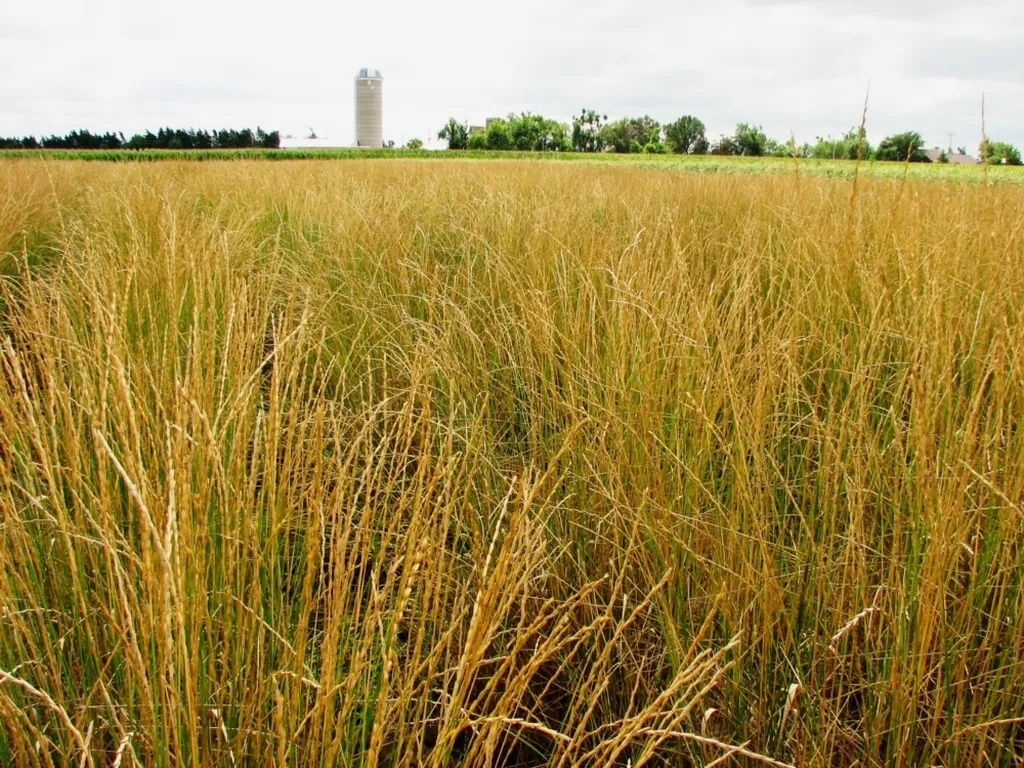In the quest for more sustainable agricultural practices, scientists are turning to perennial crops as a potential game-changer. A recent study published in *Environmental Microbiome* sheds light on how Kernza, a perennial grain crop, might offer advantages over traditional annual wheat by promoting a more stable and diverse microbial community in the soil.
The research, led by Sulemana Issifu from the Institute of Agricultural Sciences in the Tropics at the University of Hohenheim, compared the rhizosphere microbiome and endophyte communities of Kernza (intermediate wheatgrass) and annual wheat across three European countries—Sweden, Belgium, and France—over two growing seasons. The findings suggest that Kernza’s perennial nature could confer significant benefits for soil health and agricultural sustainability.
One of the key discoveries was that the Kernza-associated rhizomicrobiome was more stable and homogeneous across different soil depths compared to annual wheat. “This stability is crucial because it can lead to more consistent and reliable soil functions, which are essential for sustainable agriculture,” Issifu explained. The study also found that Kernza harbored a more diverse set of crop-associated microbial species and had a higher number of core microbial species than annual wheat. This diversity is often linked to improved soil health and resilience.
Moreover, Kernza had a significantly higher proportion of rhizobacterial populations within its root tissues. Environment-wide association analyses revealed that the Kernza rhizosphere had higher proportions of grassland-associated and rhizosphere-dwelling microbiomes compared to annual wheat. This suggests that Kernza fields might mimic some of the ecological benefits of grassland ecosystems, which are known for their biodiversity and soil health.
While the study highlights the potential advantages of Kernza, it also notes that factors such as country, year, and soil depth had a greater impact on rhizomicrobiome composition than the type of crop. This underscores the complexity of agricultural ecosystems and the need for a nuanced understanding of how different factors interact.
The commercial implications of this research are substantial. As the agricultural sector faces increasing pressure to adopt more sustainable practices, crops like Kernza could play a pivotal role. The enhanced microbial diversity and stability associated with Kernza could lead to improved soil fertility, better nutrient cycling, and increased resistance to pests and diseases. These benefits could translate into higher yields and more resilient cropping systems, ultimately benefiting farmers and consumers alike.
Looking ahead, this research could shape future developments in agritech and agricultural practices. The findings suggest that perennial crops like Kernza could be integrated into rotation systems to enhance soil health and microbial diversity. This could lead to the development of new agricultural strategies that prioritize sustainability and long-term productivity.
As the world grapples with the challenges of climate change and food security, the insights from this study offer a promising avenue for innovation in the agricultural sector. By harnessing the power of perennial crops and their associated microbiomes, farmers and researchers can work towards creating more sustainable and resilient food systems.

